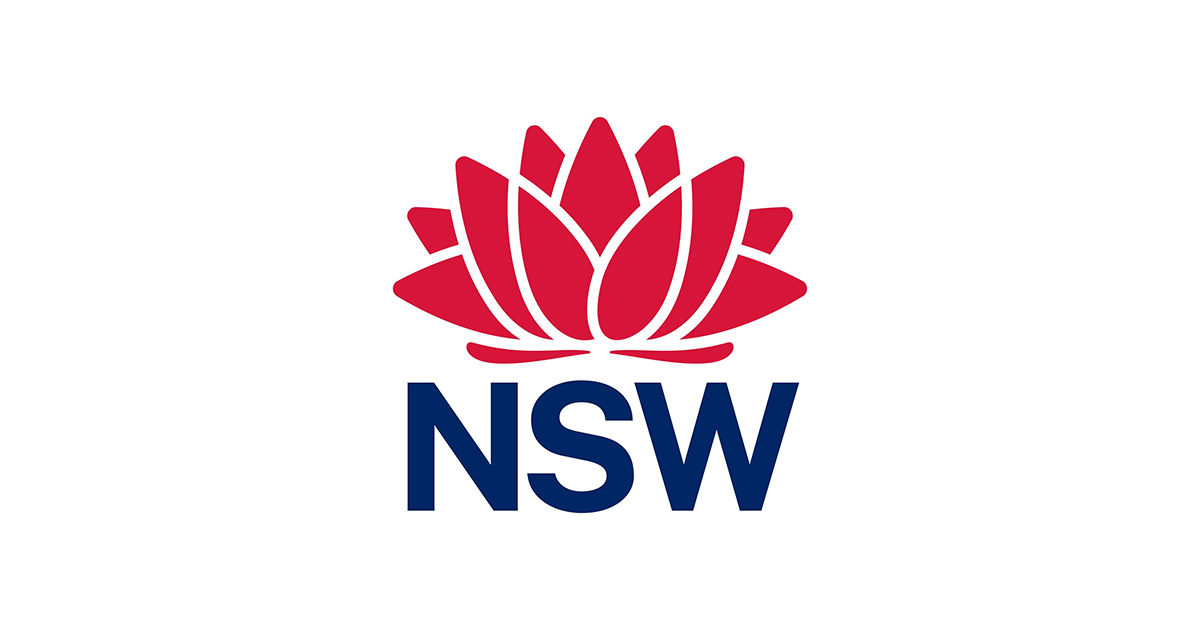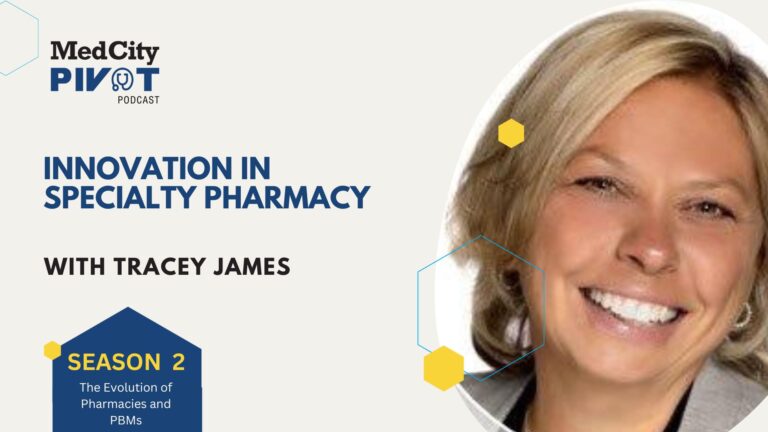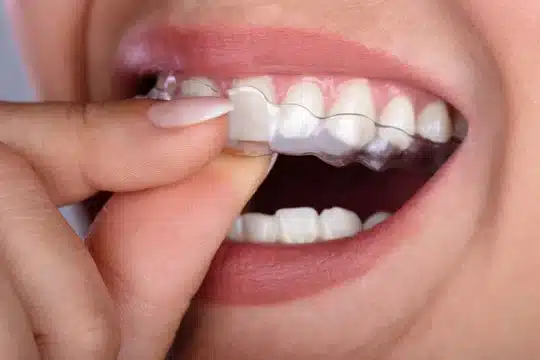
NSW Health has issued a warning regarding severe opioid overdoses in the Penrith area in the last month.
Nitazenes have been found in drug samples related to a cluster of around 20 overdoses reported in Nepean Blue Mountains Local Health District. Investigations into these cases are ongoing.
Nitazenes are potent synthetic opioids which can be stronger than fentanyl and hundreds of times more potent than heroin. They are more likely to decrease or stop breathing than other opioids.
NSW Health Chief Addiction Medicine Specialist, Dr Hester Wilson said drugs containing strong opioids can cause severe overdose or death.
“Nitazenes are extremely potent,” Dr Wilson said.
“It is important that people recognise the signs of an opioid overdose early and know how to respond.
“Opioids such as heroin can cause pin-point pupils, drowsiness, loss of consciousness, slowed breathing/snoring and skin turning blue/grey and can be life-threatening.
“One of the dangers of illicit drug supply is the strength and contents of the substance you are getting is unknown and can be inconsistent.
“In light of this detection, people who use drugs such as heroin should carry naloxone.”
Take home naloxone is a life saving measure which can temporarily reverse an opioid overdose, including with nitazenes. Nitazenes can last longer in the body than heroin and naloxone. Higher and repeated doses of naloxone are often required as well as hospital treatment.
Anyone who uses naloxone should call Triple Zero (000) for an Ambulance immediately after use for follow up care. You won’t get into trouble for seeking medical care. If you feel unwell, or if your friend feels unwell, do something about it.
Take home naloxone is available as an easy-to-use nasal spray or injection from some pharmacies and other health services. For more information on the take-home naloxone program visit:
Your Room – Naloxone.
Naloxone is available from the NUAA via mail in a discreet package. Order via their
online shop or call
(02) 9171 6650.
Anyone who has concerns about adverse effects from drugs should contact the NSW Poisons Information Centre on 13 11 26, at any time 24/7. For support and information on drug and alcohol problems, contact the Alcohol and Drug Information Service on 1800 250 015. This is a 24/7 service offering confidential and anonymous telephone counselling and information. NSW public drug warnings are available at
Public drug warnings.





